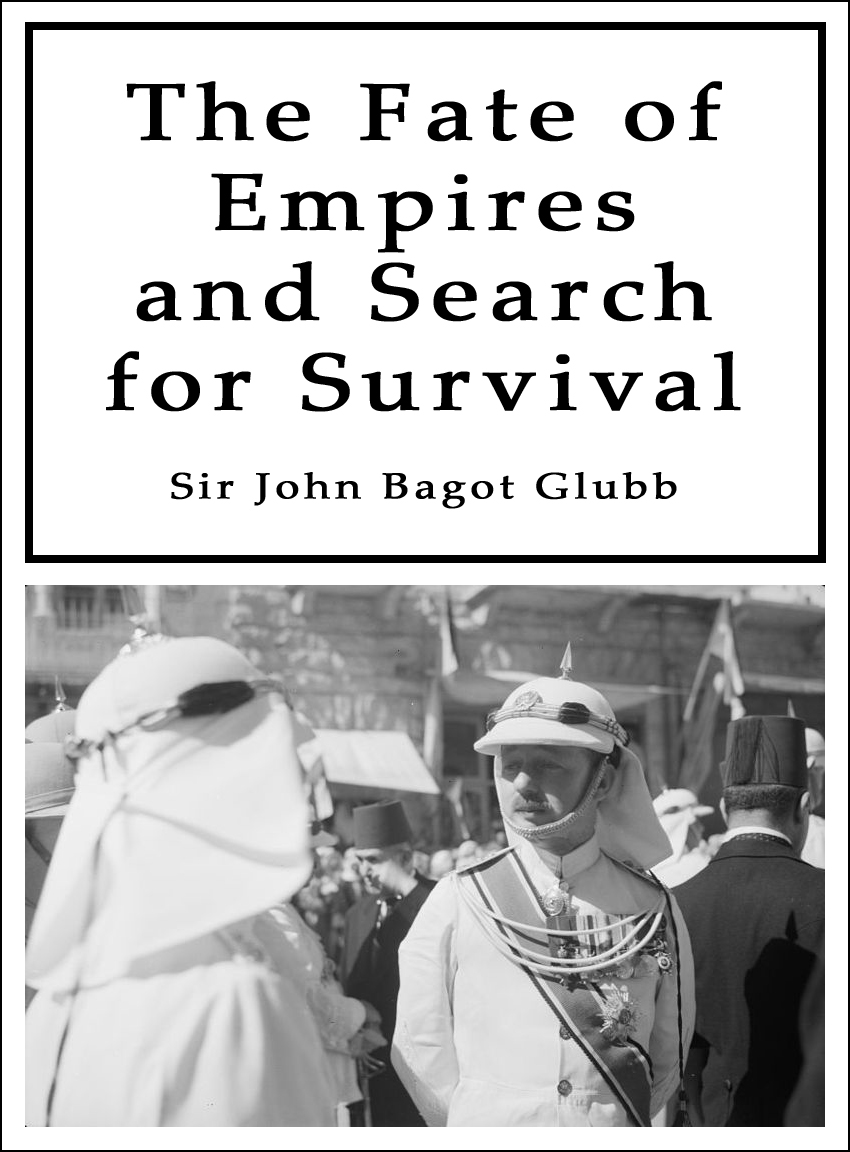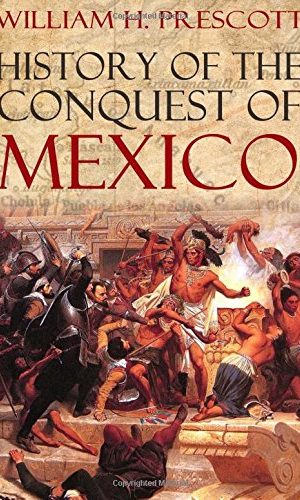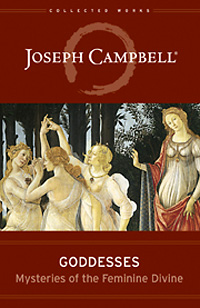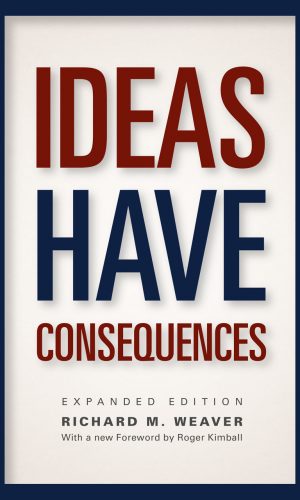Description
John Bagot Glubb, aka Glubb Pasha, was a British solider turned military adventurer. He is most famous for the twenty-six years he spent organising and commanding the Jordan Arab Legion, which became Jordan’s army.
Glubb has had an Internet renaissance thanks to his short work The Fate of Empires and Search for Survival (1976). As far as I can tell, Glubb is popular mainly among people who fret over the “decline of the West”, for his work traces the development and fall of empires.
We want to be at the high point of our civilization; it would be a terrible let down to be born at a low point, a moment when our civilization was about to start working its way up.
What a lot of work to do! How much more pleasant to be entering a nice, gentle decline!
The decline might be ugly and violent — of course — but that makes it both less strenuous and more entertaining than progress.
No, we much prefer the fantasy that how the world is at this particular moment is a “golden age” that we are about to lose, or that the really good stuff happened only thirty or forty years ago.
This, for me, explains why decline theories are popular at all times and in all places. There’s a great deal of pleasure to be had in imagining that everything is about to go to hell, and that one’s childhood was a golden age for mankind (turns out everyone’s childhood was a golden age — regardless of politics).
In this article I’m going to summarise Glubb’s theory of empires, and provide my own comments on what he says.
For Glubb civilizations and empires are best understood as being analogous to human beings. And like human beings empires can learn over a lifetime through mistakes and folly.
History has been recorded for 4,000 years — surely, says Gubb, we can learn lessons from what has been put down on clay tablets, parchments and paper.
As with a human being who must be born, learn self-care, find food, have sex, have children and die so empires follow patterns that repeat again, and again.
But Glubb thinks historians fall short in this respect. A historian should be providing useful tips to break patterns rather than stuffing a child’s head with information about the Great Depression or the October Revolution.
For Glubb history teaching in the UK was far too parochial. And far too obsessed with exams.
I remember once visiting a school for mentally handicapped children. “Our children do not have to take examinations,” the headmaster told me,” and so we are able to teach them things which will be really useful to them in life.” The Fate of Empires and Search for Survival (1976), Introduction.






Reviews
There are no reviews yet.